This week’s post differs in that it is only about cooking. However one of my latest Forbes posts is about a British Columbia winery. In the future we’ll be covering more British Columbia wine producers.
Now, to the kitchen.
Years ago I read books both by Julia Childs (My Life in France) and Julie Powell (Julie and Julia) and thought that Julie’s idea – cooking 524 recipes in 365 days was original – yet simple and facile. It seemed anyone who cooked up that notion could simply plunge through.
Not true.
The process of compiling a cookbook has for myself involved collecting over 100 recipes from 15 countries, formatting each to be consistent, converting measurements to both Imperial and Metric units, and then…
To make recipes consistent, each recipe must identify preparation and cooking times and how many people will be served. Some contributors supplied this information; many did not (they were not asked to). In some recipes the ingredient list did not tally with subsequent cooking steps. Some recipes lacked clarity.
Which meant – it was time to cook each recipe.
In youth I baked cakes: four layered spice cakes; banana pan cakes – all taken from a Better Homes and Gardens, or a Betty Crocker cookbook. Later I learned to make yeast breads. Kneading became almost meditative. The majority of other meat, fish, poultry and vegetable dishes? Not so much.
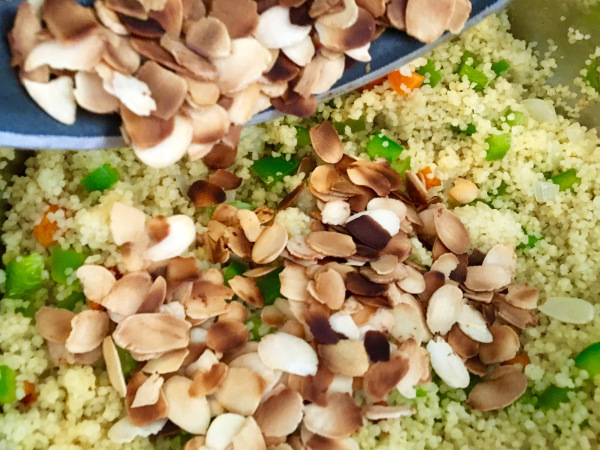
In cooking these recipes (a task not yet completed), here are a few lessons learned.
- As with all actions, with time and practice you learn to economize. Cooking the first 50 recipes was slightly stressful (because I would not otherwise have selected them). The process was new and unknown. Planning what to buy, organizing ingredients within a relatively small kitchen, timing, and taking notes required leaving a comfort zone to which there is no return. The book My Paris Kitchen by David Lebovitz is inspiring because he understands the challenge of operating within a constricted working space. With foods you never worked with before you learn improved economy of operations and new ways to wield knife, bowl, cutting board and oven.
- Much delicious food is simple to cook. Vegetable stock? Slice and dice greens and reds and orange carrots, toss in a pot, cover with water, simmer for an hour and strain. Done.
- Some cooking is complex. Petite triangular pasta pieces individually stuffed with cheese and spinach? The taste is unworldly, though the preparation effort requires the concentration of a dentist. Decide carefully before committing to what you will cook for friends, then practice at least once in advance.
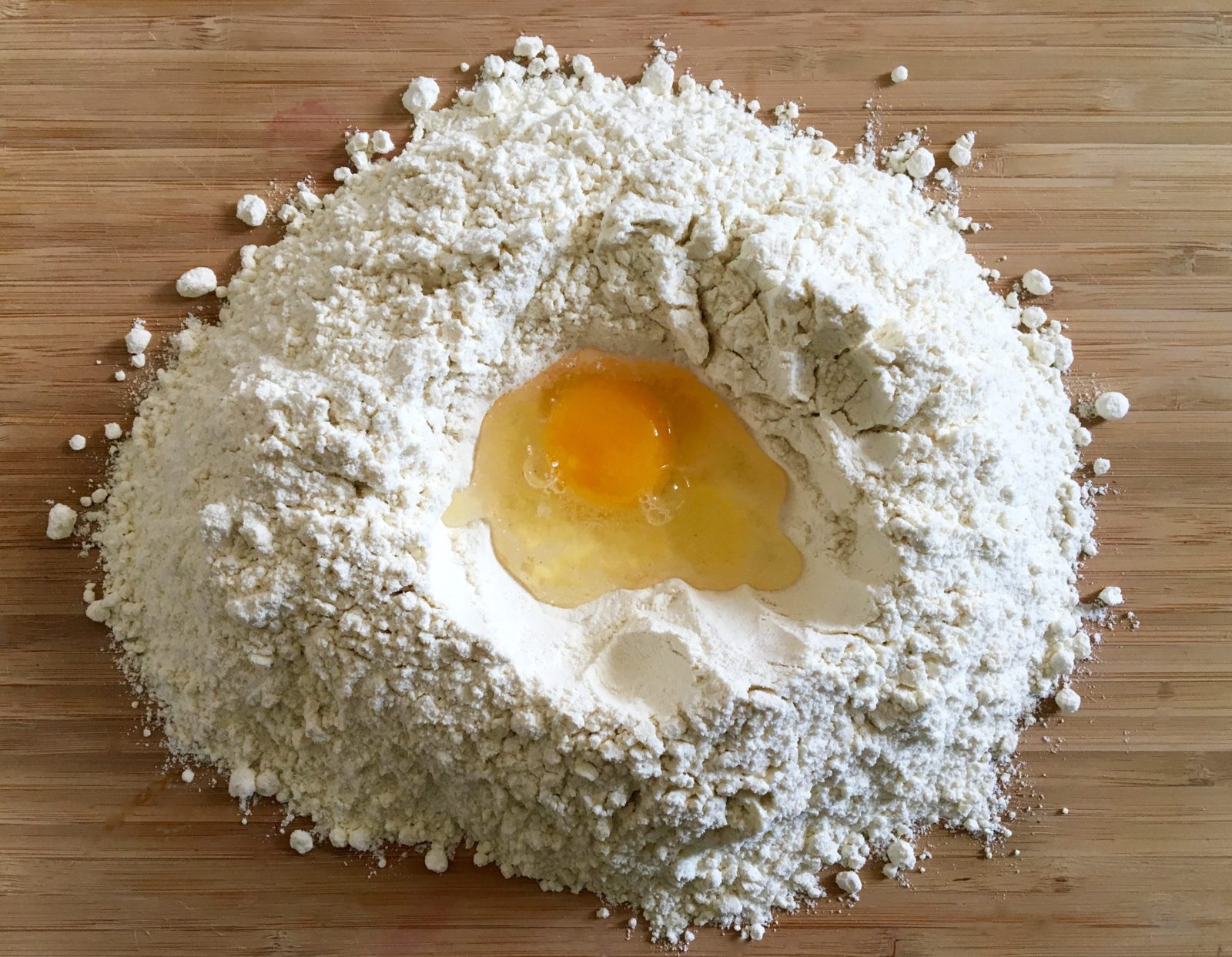
- Some kitchen gadgets are helpful. After college I skied days and worked nights as a dishwasher at the Grand Banks Restaurant in the town of Steamboat Springs, Colorado. Since then I had not used a dishwasher in decades. No reason. Weeks ago it became clear that constantly balancing a mini-ziggurat tower of pots, pans, dough encrusted ladles, parmesan smudged forks and a spinach draped colander over a small drying board was an admirable, though unstable act. A gust of wind from an open window could crash the pile. Instead, I recently tried out the dishwasher and was delighted at the improved results of the machine compared with decades ago. No wonder they endure.
- However, not all amazing kitchen equipment is necessary. A blender does not have to tell digital time in three languages, and a plastic ladle from Ikea often works just fine.
- Eating healthy and home cooked food feels beneficial in several ways. Instead of chowing down packaged foods with unpronounceable ingredients, you can feel pride ladling out butternut squash soup from vegetables bought at the morning market, followed by risotto made with fresh mushrooms. Sure, we don’t always have the time for cooking. But turn off the TV and you certainly will have more.
- Appreciate the effort of cooks. Anthony Bourdain was right: writing for money is easy in comparison to cooking because you can sit down. Cooking can be physically demanding, frenetic, hot, challenging, and always subject to the availability of ingredients. Unfortunately, your audience will not wait.
- Some of the best recipes require you to do everything. Yes, everything. No supermarket bought pie-crusts. No canned vegetable stock. No rice in a bag. Slice ’em, dice ’em and assemble all ingredients – fresh. Twist in your hands the very turnip or carrot or pea pod you will transform into lunch.
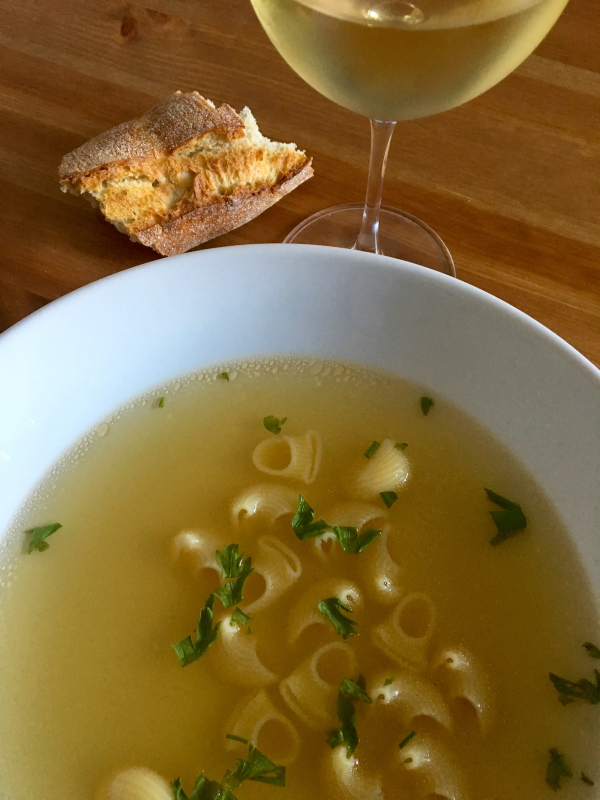
- The Europeans are onto something with their weight rather than volume measurements. Ever tried to measure four tablespoons of unsoftened butter pulled from a fridge? If you know what the weight is in grams, plop it on a scale and get a readout. Simple.
- Consider visual presentation. A dash of green herbs, shreds of cheese, or a slice of bread or red radish added to a dish can improve the appearance immeasurably. You don’t get a second chance to make a first impression.
- If you burn rice or make crappy lasagna or your potatoes are cold and your cod looks mangled – wonderful. Learn from your errors.
- By choosing new recipes, you learn about foods never heard of before. Jerusalem artichokes do not resemble artichokes; quails and pheasants are certainly not chickens. Leeks and sweet potatoes? Prepare to become well acquainted with them.
- Improvisation and substitution are essential. I received a beautiful and excellent recipe for Dhuka crusted Kangaroo; fortunately the Australian chef provided an alternative to kangaroo meat if unavailable. Lack an ingredient? Check for substitutions online. No ricotta cheese? Try bourse. No carrots for vegetable stock? Chop up a zucchini. Live large and go for it. Have the audacity to be creative.
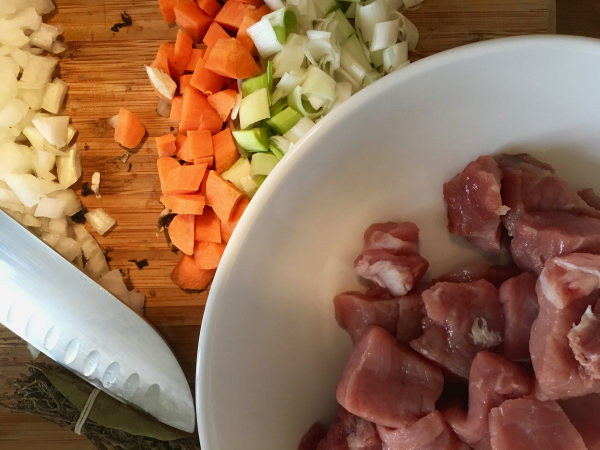
- Be grateful that most of us are quite fortunate. We have refrigerators, stoves, blenders, electricity, thermometers, oven proof glassware, zesters, peelers, excellent knives and knife sharpeners, timers, plastic bags, aluminum foil, olive oil available year round, trash disposal systems, dishwashers, cookbooks, online tutorials, television channels, FDA food quality standards, electric kettles, measuring cups, scales, pot scrubbing abrasive pads, kitchen fans, freezers, internet answers to questions, and – of course – corkscrews. We are not living in North Korea. Be very thankful.
- Thanks to all recipe contributors. I am often amazed after following steps to find that a dish emerges not only bizarrely creative and beautiful, but delicious. Each recipe is a river that runs its own unique course.
- Thanks also to author Michael Pollan (whose books will encourage you to eat and cook healthier foods) as well as Betty Crocker and Molly Katzen – cookbook authors from years gone by.
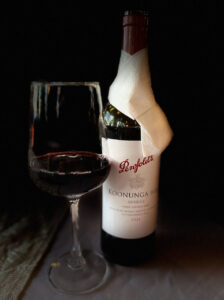


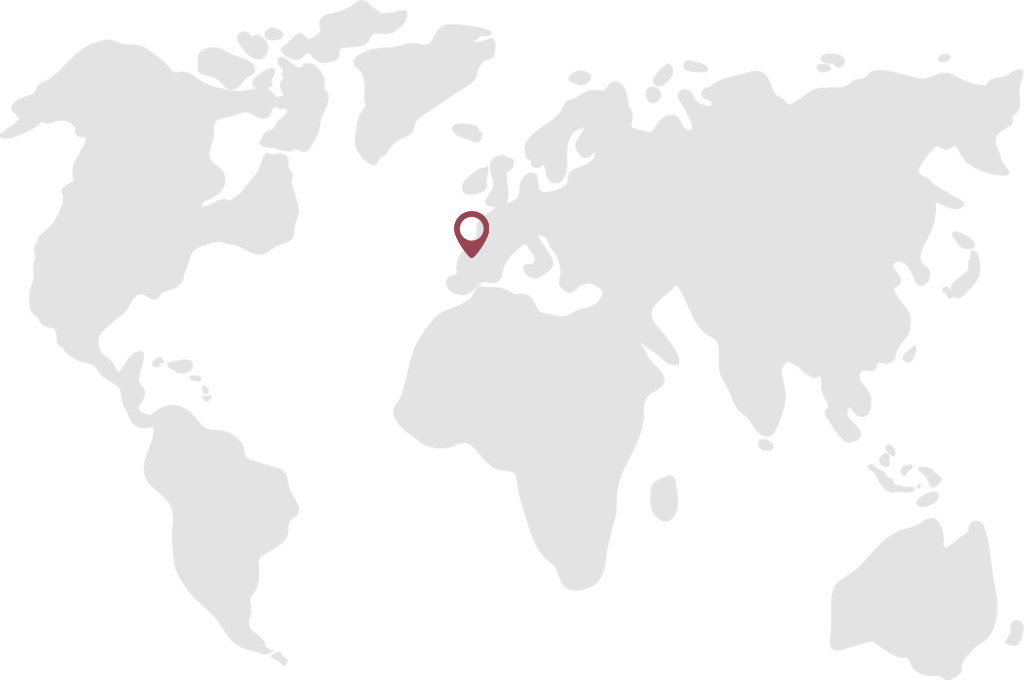
littlepondhopper
30 Dec 2016Can’t wait for the cookbook!
vinoexpressions
23 Jan 2017Cool! Thanks Lisa…!